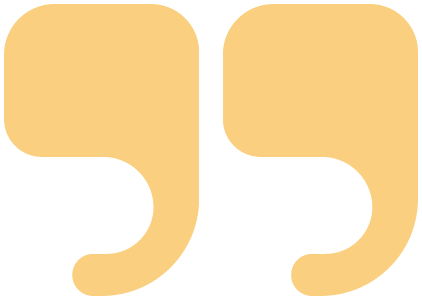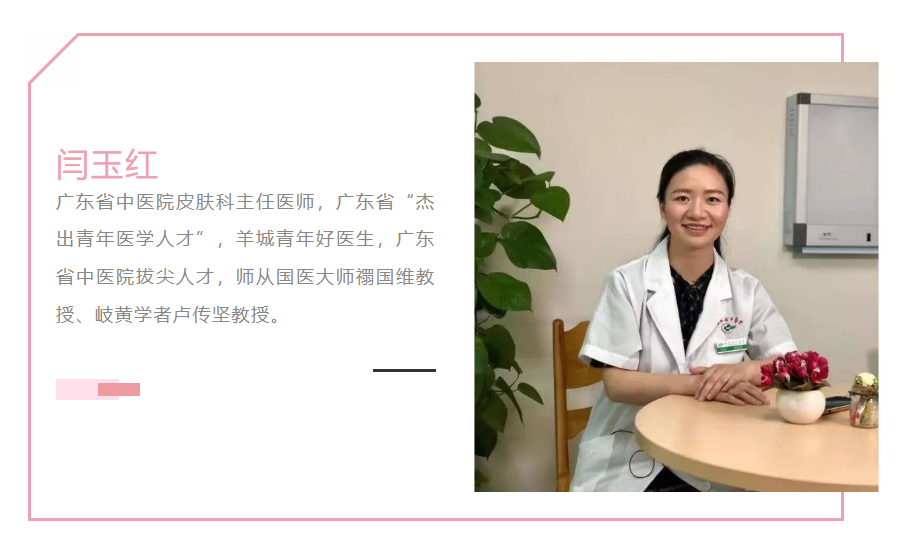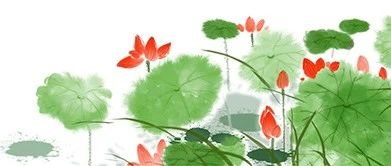


In autumn, the characteristics of individuals with Qi deficiency are most pronounced
As autumn arrives, one type of constitution that becomes particularly evident is that of Qi deficiency.
Traditional Chinese Medicine (TCM) holds that autumn is governed by the Lung Qi. If the Lung Qi in the body is sufficient, one may feel a sense of ambition and purpose during this season. However, individuals with Qi deficiency may feel timid and anxious, experiencing shortness of breath and chest tightness—these are typical manifestations of Qi deficiency.
The lungs govern the Qi of the entire body. In autumn, when the lungs should be in their prime, if the Lung Qi is insufficient, Qi cannot be distributed throughout the body, leading to noticeable discomfort.
In addition to feelings of breathlessness and weak respiration, another characteristic is easy fatigue, with a pale complexion that appears somewhat puffy and reflective—this is a very typical sign of Qi deficiency.
Individuals with Qi deficiency may also exhibit weak speech, restless sleep at night, lack of energy during the day, and loose stools. This is due to insufficient Qi in the spleen and stomach, leading to poor digestion, fatigue, and a generally relaxed state.
Moreover, these individuals often have warm palms. Because those with Qi deficiency cannot retain Qi well within the organs, it tends to float outward. Some may experience warm hands and feet, or sweating on the head, which are all manifestations of Qi deficiency.

How to “tonify” Qi deficiency?
Huang Qi (Astragalus) and Ren Shen (Ginseng) are excellent Qi tonifying ingredients. If one is purely Qi deficient, Huang Qi can be used to tonify and uplift Qi. Those with sinking Qi, feelings of weakness, and who do not easily become overheated can take Huang Qi directly. For those prone to overheating, with poor sleep and symptoms of Yin deficiency with excess heat, they can consume Wu Zhi Mu (Five-fingered Peach), also known as Nan Qi in Guangdong.

Huang Qi can enhance immunity and has a preventive effect against colds, typically used at a dosage of 5-10 grams per day. Wu Zhi Mu is often used in soups and is suitable for the whole family, with a dosage of up to 30 grams. However, because Huang Qi has a strong uplifting effect, individuals with underlying conditions such as hypertension or diabetes who cannot discern whether they are purely Qi deficient should avoid it. This is because Huang Qi can raise blood pressure in small amounts; thus, those with hypertension should be cautious with doses above 30 grams.If there are also symptoms of dry mouth and tongue, indicating not only Qi deficiency but also signs of aging, Ren Shen can be used, as it nourishes both Qi and Yin. Chewing a few slices of Ren Shen daily can also effectively tonify Qi.
Image/Network


Contributed by: “Flower City FM” WeChat Official AccountEditor: Li YanProofreader: Zhuang Yingge
Editor-in-Chief: Song Liping


